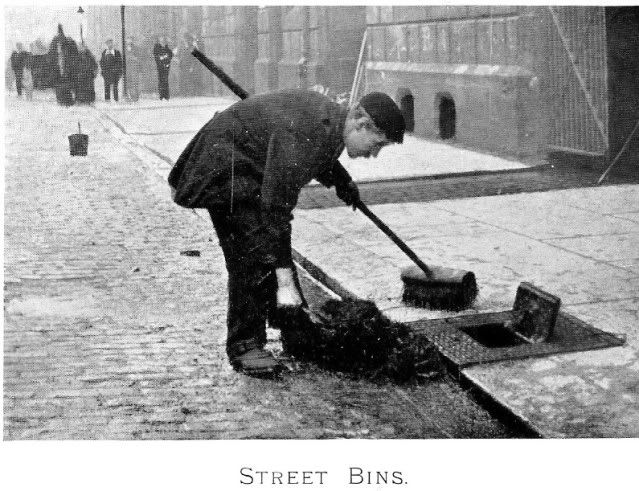Re: Manufacturer's plates and stanks seen in Glasgow
One off The Finnieston Crane.
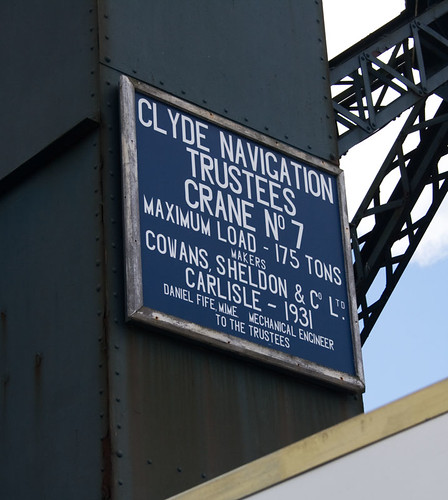

To post in the forums you will need to first register. All new members are welcomed, with one caveat: You must behave and be nice AND SEARCH BEFORE POSTING!
http://www.hiddenglasgow.com/forums/
http://www.hiddenglasgow.com/forums/viewtopic.php?f=15&t=7439

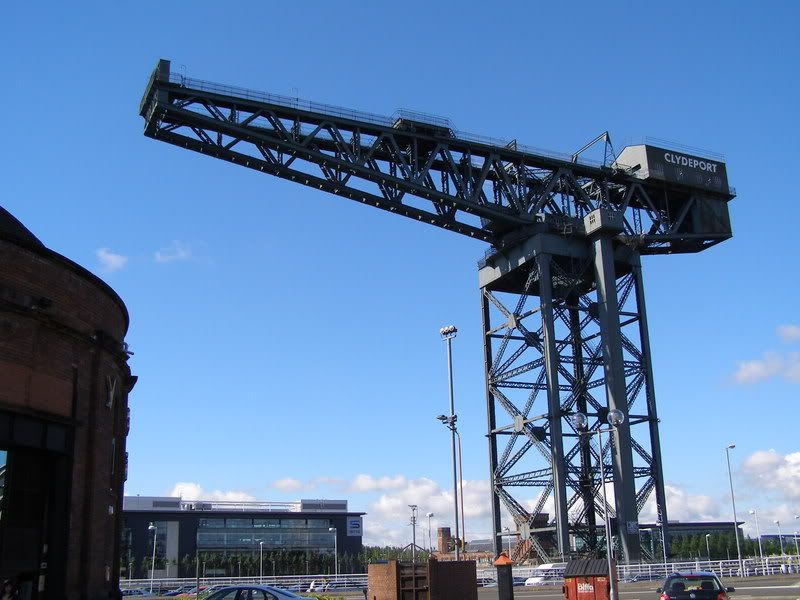
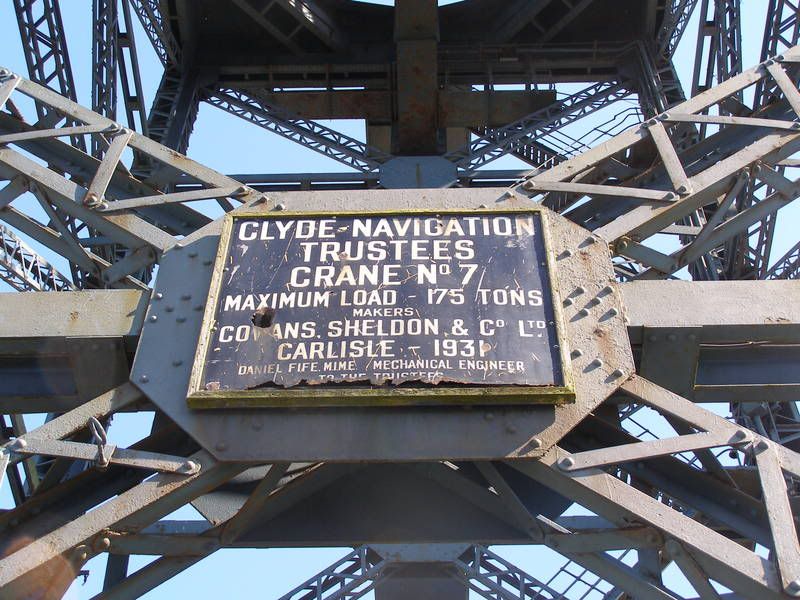
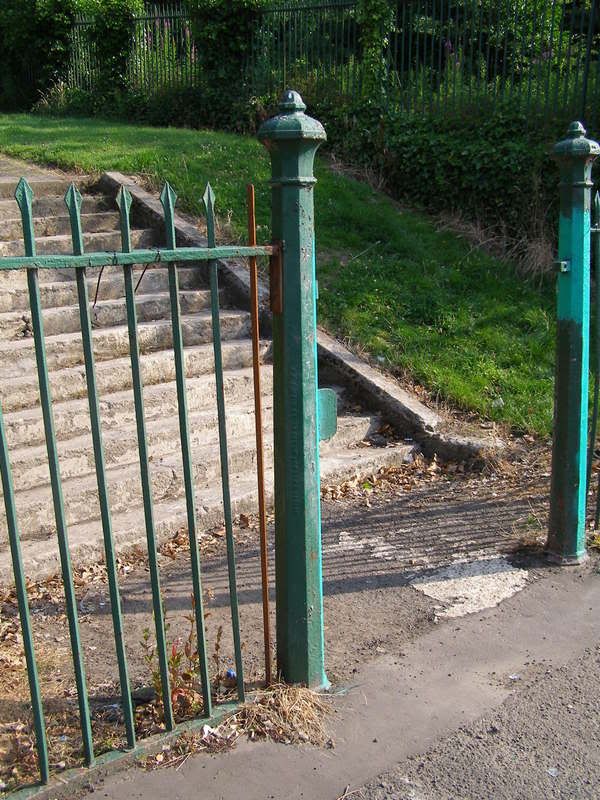
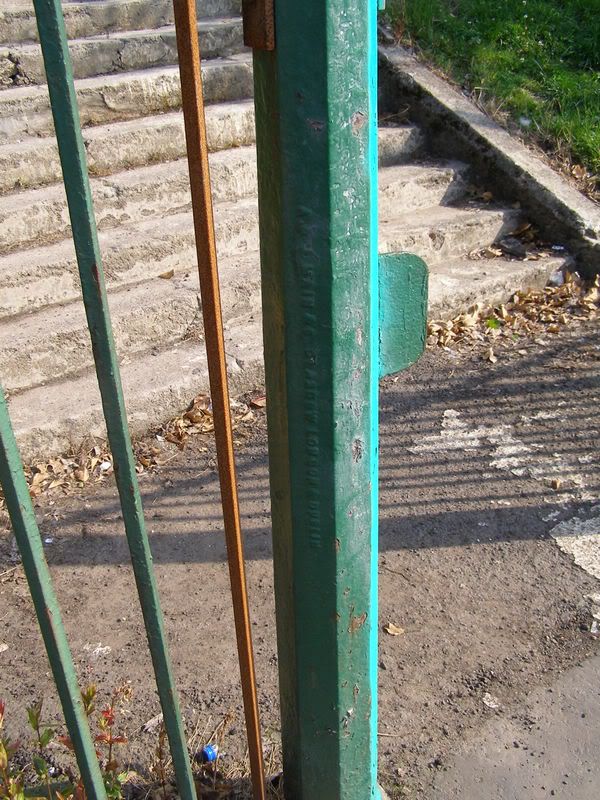
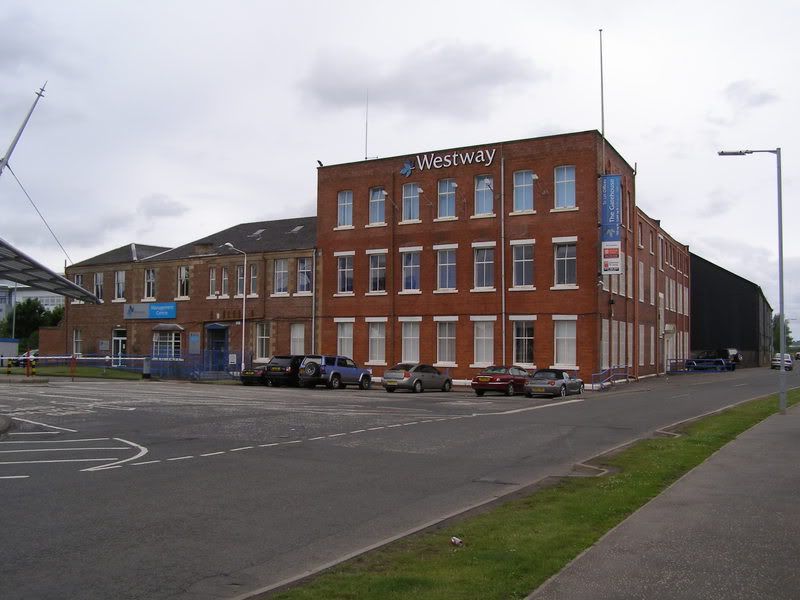
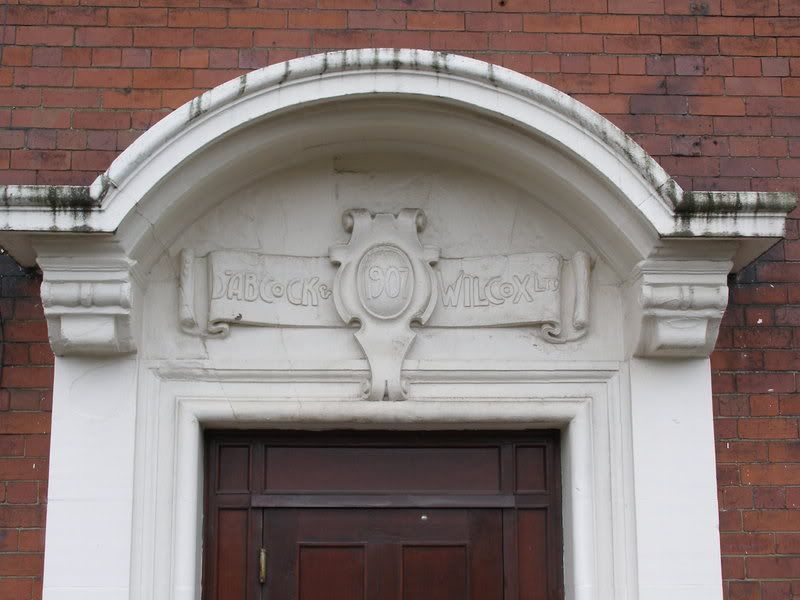
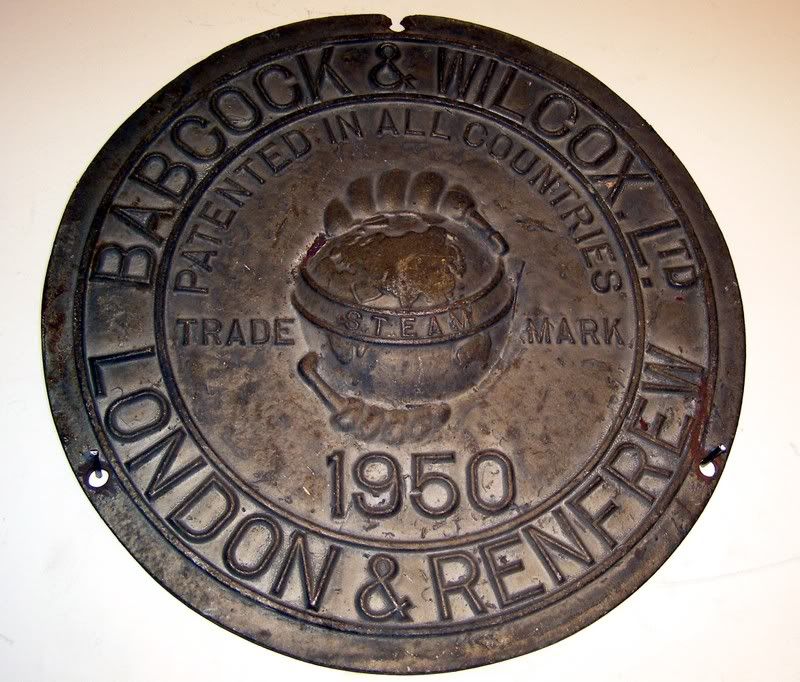
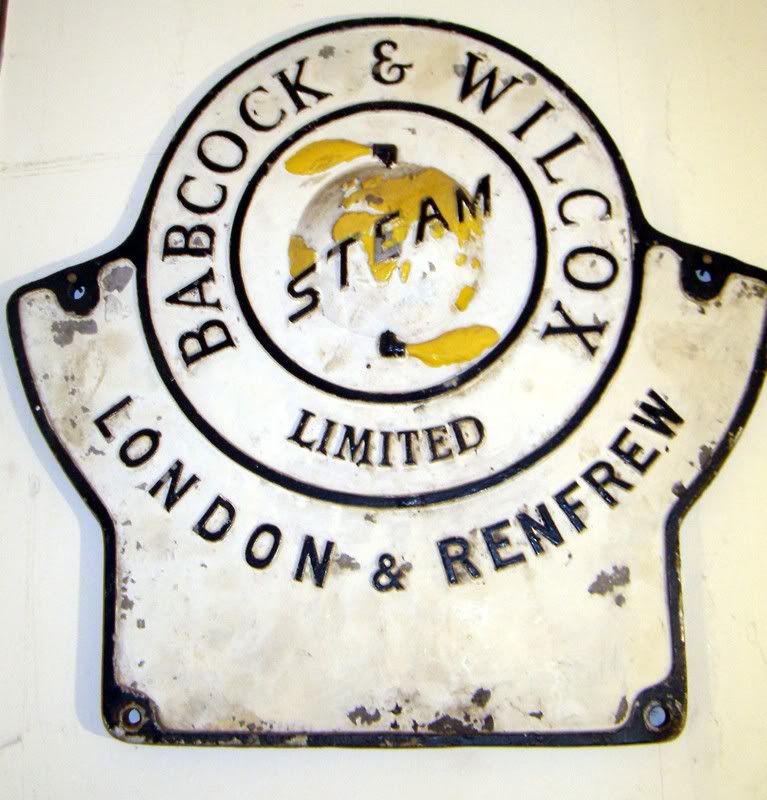
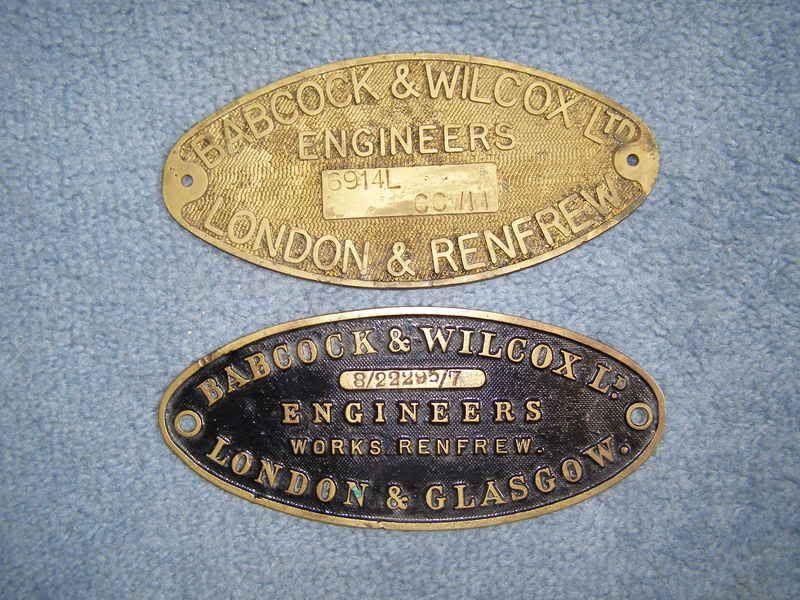
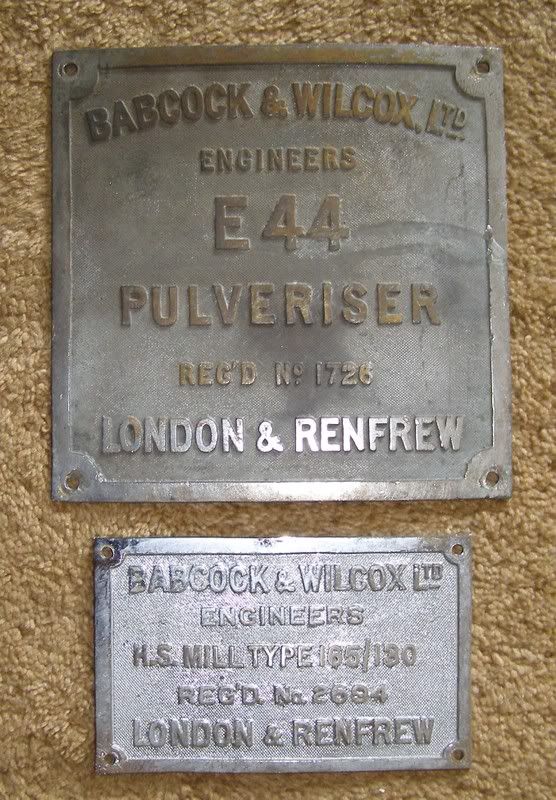

cell wrote:someone told me recently that the roof of Queen St station was by PW MacLellan so there must be a plate some where around there, has anyone a picture or know where it was?
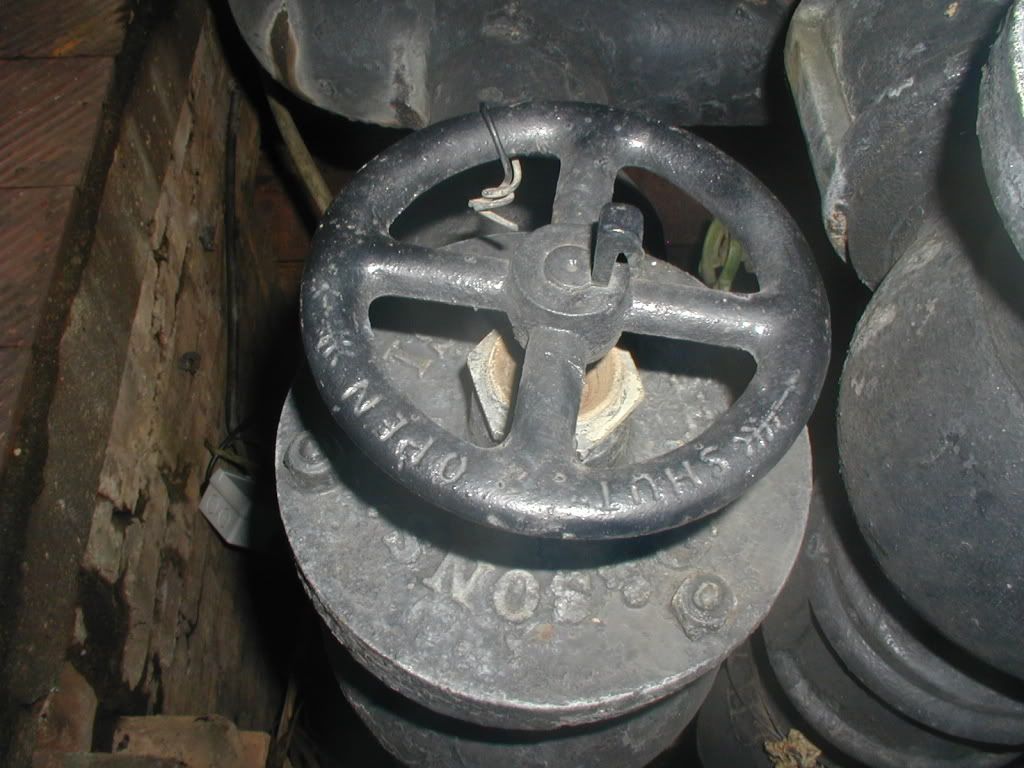
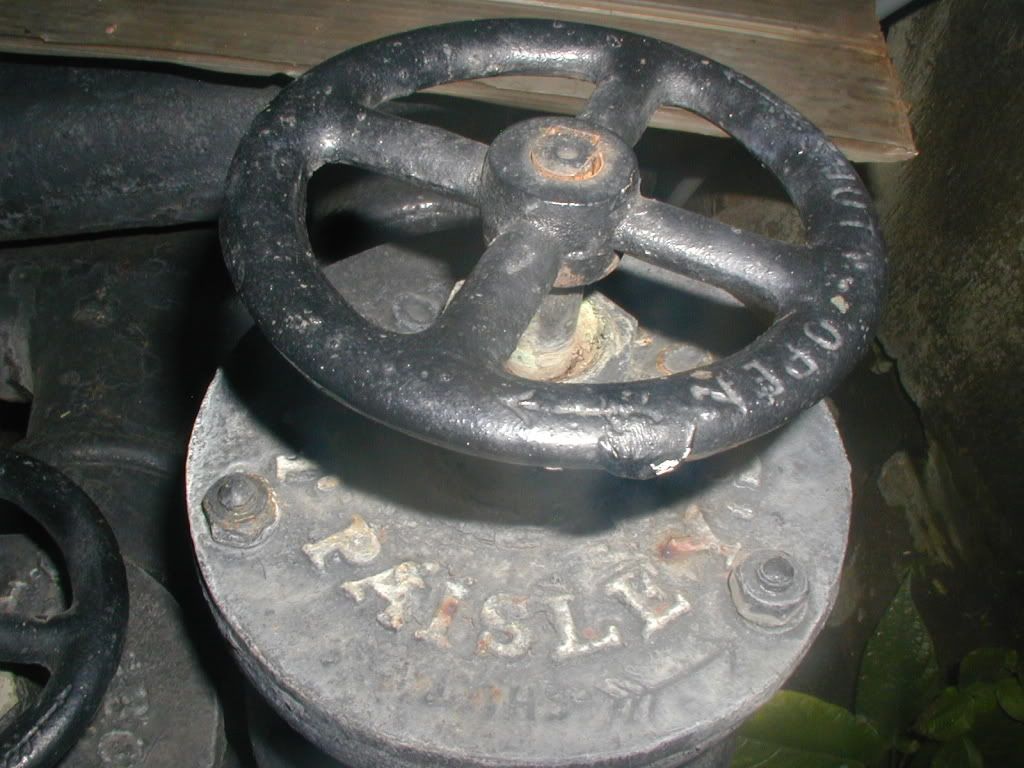
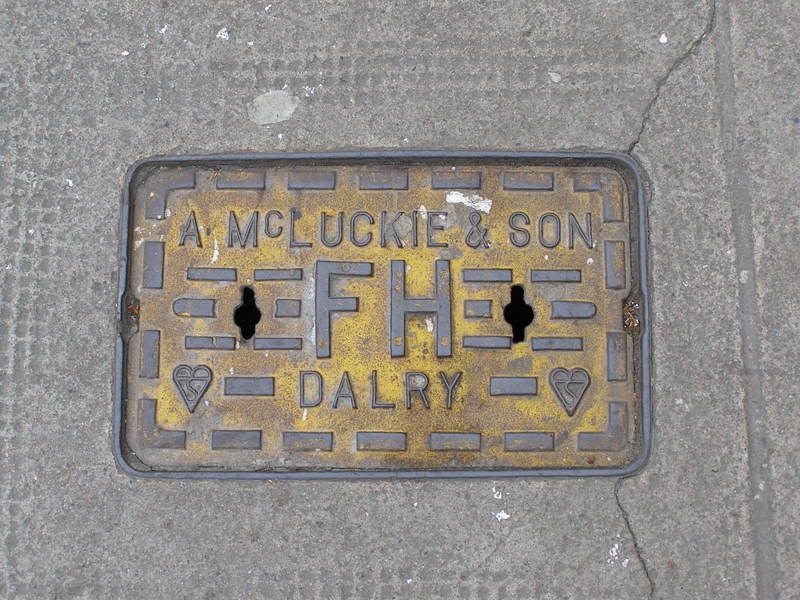
Peekay wrote:Anyone any idea what caused all the dimples round this one?
PK
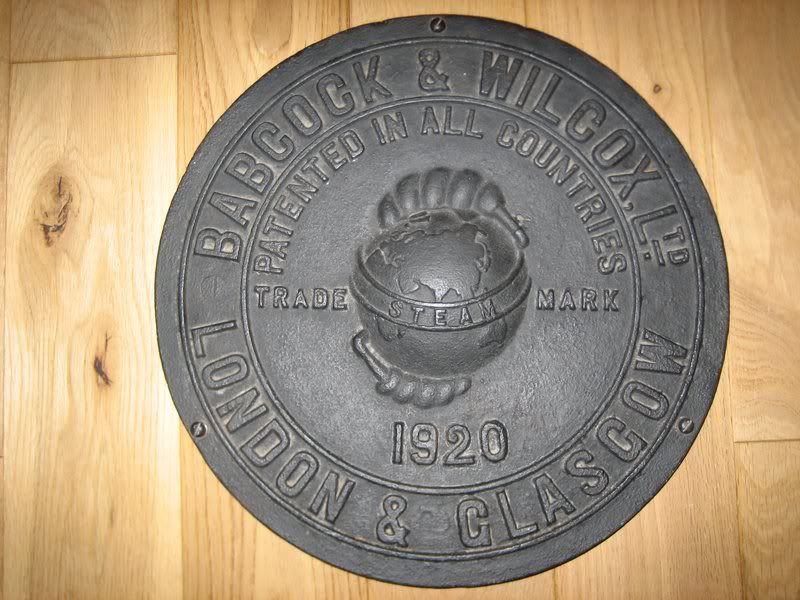
cell wrote:A Mcluckie Dalry
Peekay wrote:Anyone any idea what caused all the dimples round this one?
PK

contact cement roller cover
Textured pebble like roller resilient to adhesives and solvents
Available in 9" lengths
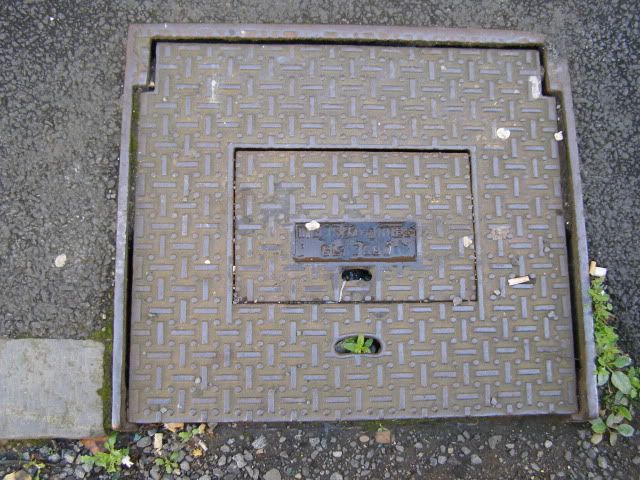
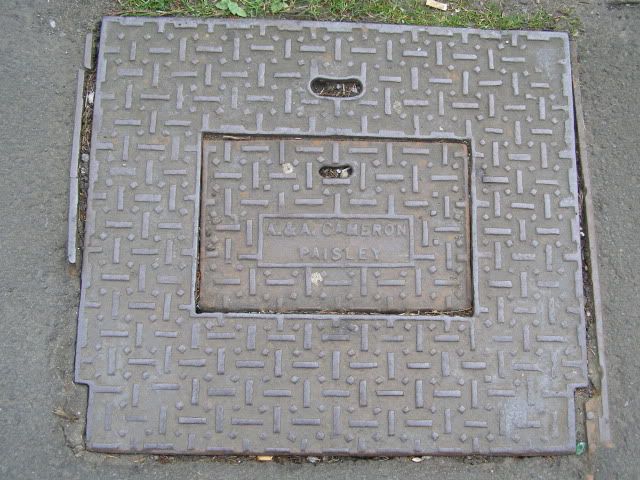
Springburn Boy wrote:Any idea where some of the firms where situated address wise?
cell wrote:Quick quiz, what do you think these were used for?
Inglis McInnes Glasgow
AA Cameron Paisley
mrsam wrote:cell wrote:Quick quiz, what do you think these were used for?
Inglis McInnes Glasgow
AA Cameron Paisley
Coal chute?, Stopcock?, very odd! I guess the large 'flap' is for total access and the small 'flap' is to inspect the contents.
Mr Sam
